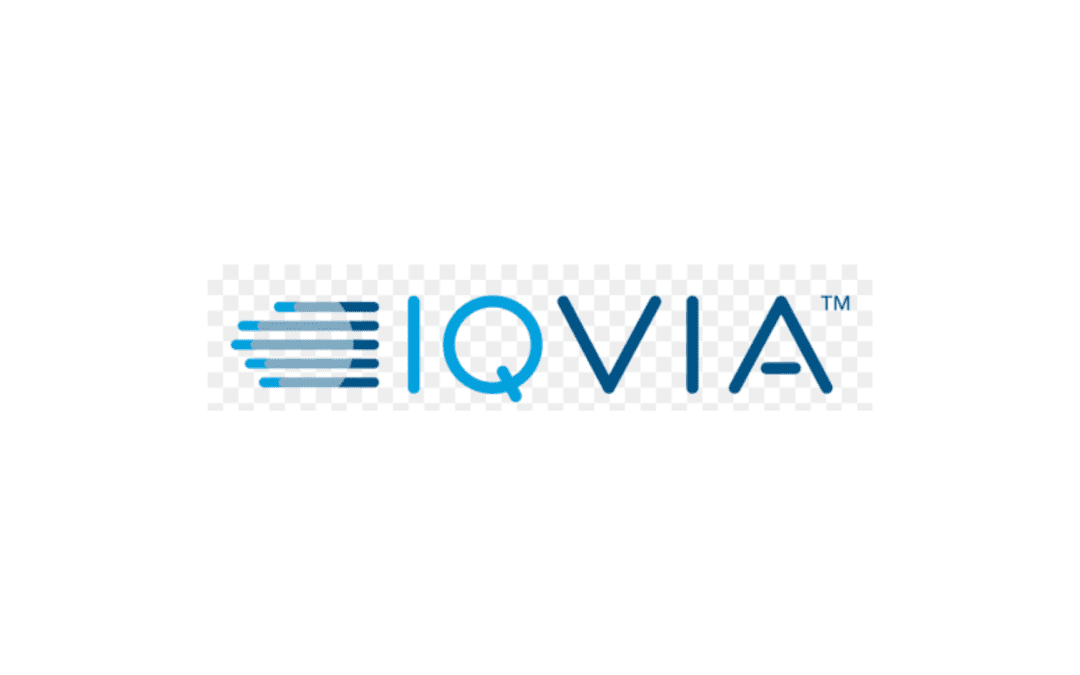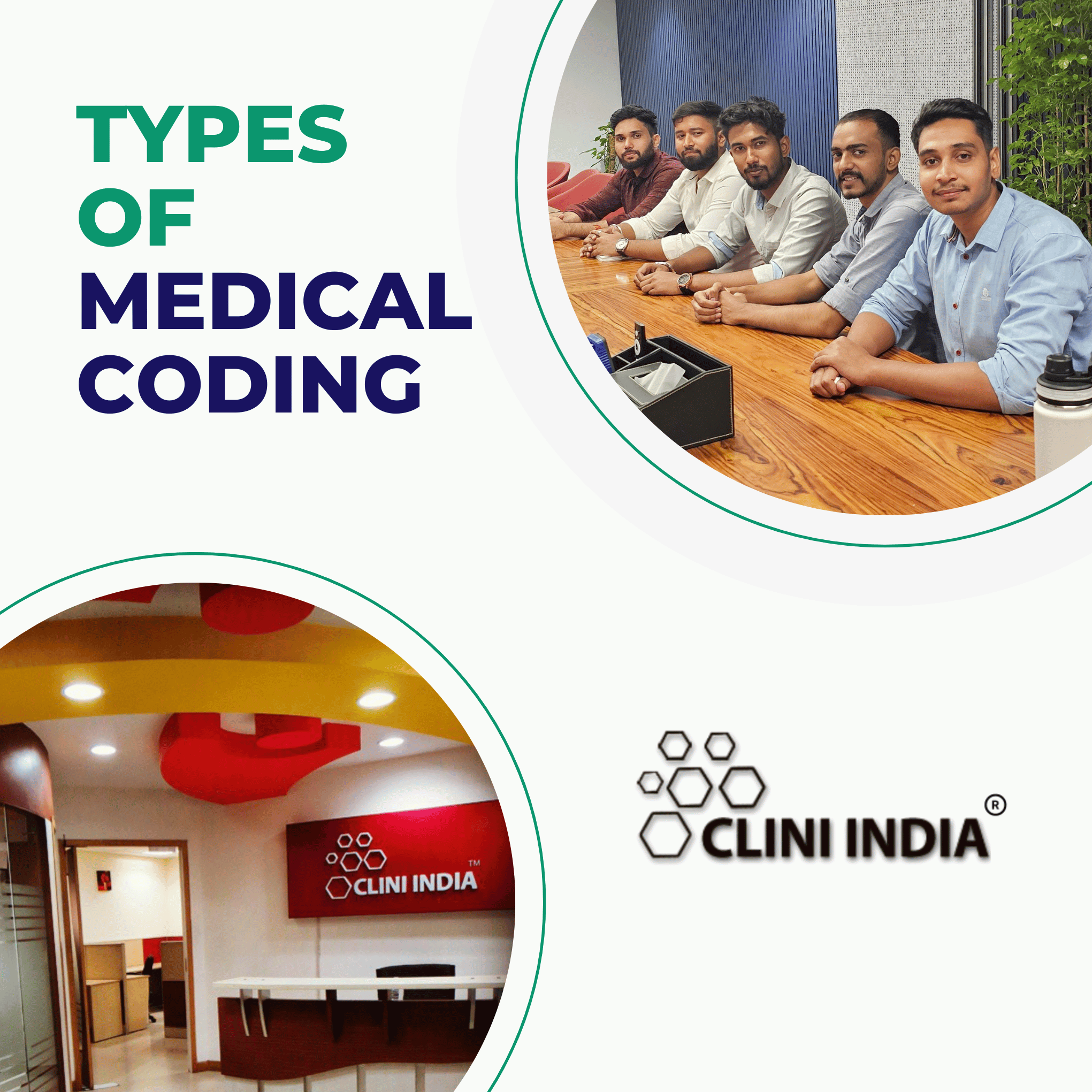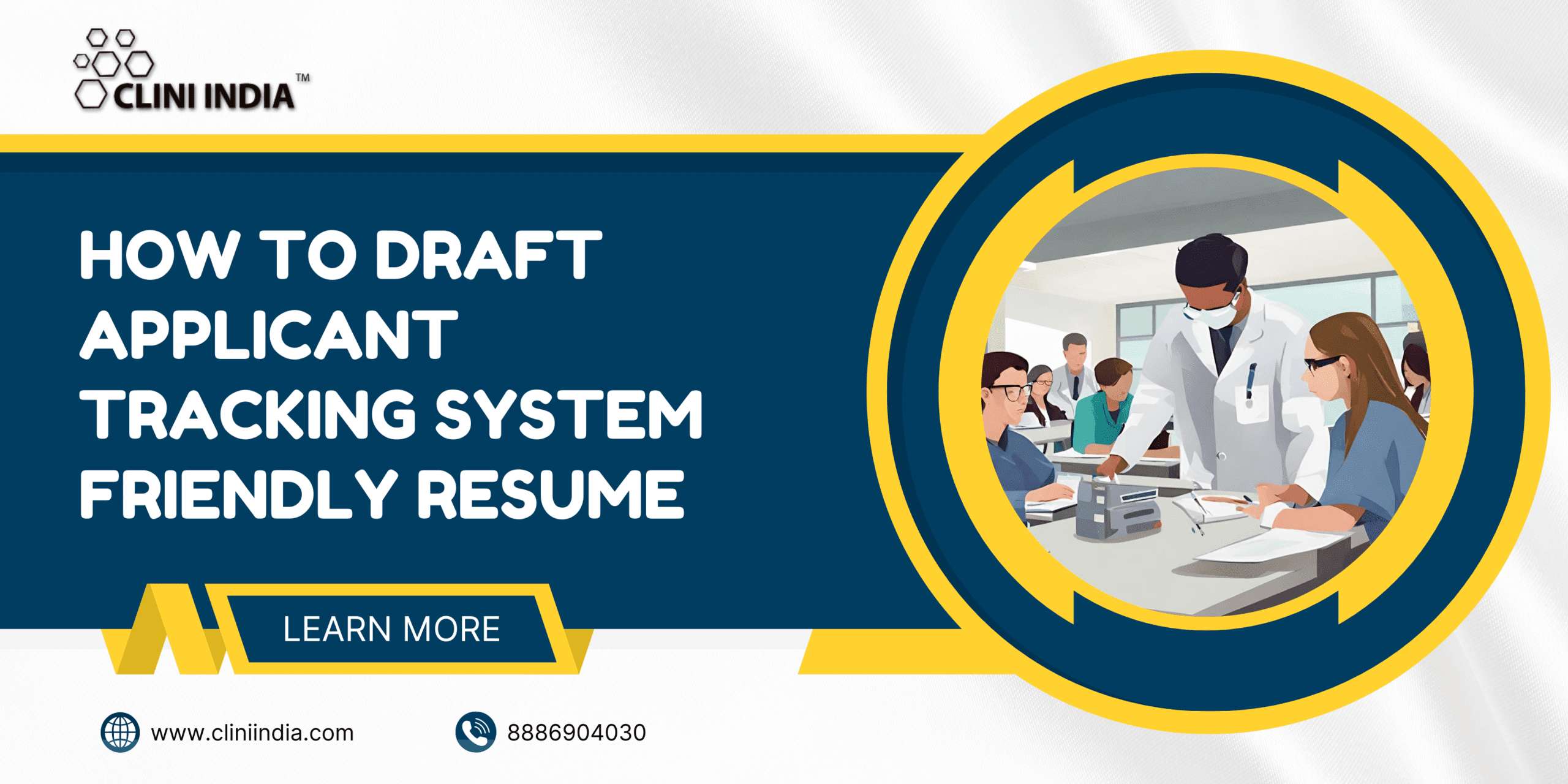

Apotex Hiring Trainee – Quality Stability Data
Location: Mumbai, MH, IN, 400079 Job Requirements Education Master’s Degree in Science / Pharmacy Job Summary Responsible to summarize and review stability data to ensuring that Apotex commercial products’ shelf lives are supported. Provide required stability data to...

Jubilant Biosys Hiring Trainee Research Associate – Synthesis
Location- Greater Noida Department: - Synthesis Qualification: - M.Sc. in Chemistry/Organic Chemistry/Pharmaceutical Chemistry or related field or M. Pharma (Specialized in Organic Synthesis) with 0-1 years’ project experience. Experience: - 0-1 year of exp. Apply...

Kusum Healthcare Hiring Trainee/Jr.Officer
Location- Indore Job Roles;- Trainee/Jr.Officer (Sampling and FP/RM/Stability Analyst) Officer (Stability) Apply...

Macleods Pharmaceuticals hiring Fermentation Production
Location- Gujrat Education Qualification: Diploma in Chemical B.Sc B.Pharm B.Tech (Biotech & Chemical) M.Sc How to Apply: Interested candidates can send their CVs to: coesarigam@macleodspharma.com

IQVIA Hiring Document Specialist
Location- Bangalore Qualifications Required Education: A recent graduate with a degree in Life Sciences or a related field. Candidates with a B.Sc., M.Sc., or any Life Sciences degree are encouraged to apply. Experience: This position is open to freshers, so prior...

Biorasi hiring Associate, Data Management
Location- Hybrid, Mumbai Your Profile: Bachelor’s degree or equivalent, preferably in a scientific or IT related discipline. Advanced degree or diploma preferred. Fluent English (oral and written) 0-1 years’ experience in data management or database administration or...

Navitas Hiring Lead Medical Reviewer
Location- Bangalore Qualification- MBBS or MD, has completed a Board certification and/or relevant higher medical training Desirable Skills and Experience Good understanding of medical and therapeutic terminologies In depth knowledge of applicable global, regional,...

Novo Nordisk Hiring Associate Safety Operations Adviser
Location- Bengaluru Job category Reg Affairs & Safety Pharmacovigilance Qualifications Post graduate MD / MBBS with relevant Pharmacovigilance experience preferable. Documented scientific experience, preferably from the pharmaceutical industry (0 to 1 plus years...

Novartis Hiring Regulatory Affairs Manager; Labeling
Location- Hyderabad Minimum Requirements: Work Experience: Cross Cultural Experience. People Challenges. Functional Breadth. Project Management. Collaborating across boundaries. Apply Now:-...

KV Clinical Research Hiring Clinical research Coordinator
Location- Rishikesh, Uttarakhand Job Role- Clinical Research Coordinator To Apply- Send your CV to hr@kvclinicalresearch.com

























































